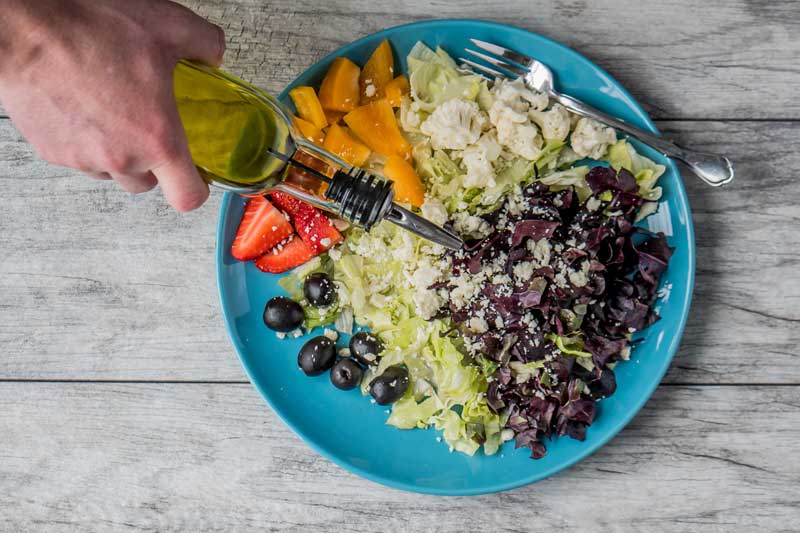Recently I had dinner with friends I hadn’t seen in quite some time. We’ve known each other for many years, although they remember me from a time when I weighed much more than I do now. While we were getting re-acquainted, they asked how I’d lost so much weight and kept the majority of it from coming back. I told them how I’d changed my food choices and said, “I keep the weight off by eating clean.” Their first question was, “What is eating clean?”
Clean eating is consuming food in its most natural state, or as close to it as possible. It’s not a diet; it’s a lifestyle approach to food and its preparation, leading to an improved life – one meal at a time. It is characterized by eating 5 to 6 times a day – three meals and 2-3 small snacks. These meals and snacks should include lean protein, fresh fruit and vegetables, as well as a complex carbohydrate with each meal. Eating this way keeps your body energized and keeps you from going into starvation mode, or craving sweets.
Here are some basic guidelines for clean eating:
- Drink at least 2 liters of water per day – The way to make sure you’re drinking enough water is to take your weight and divide it in half; that’s how much water you should drink in ounces. For example: A person who weighs 200 pounds should consume 100 ounces of water every day.
- Don’t drink store bought fruit juices or carbonated beverages – they’re loaded with sugar and preservatives. If you want juice, get a juicer and make your own.
- strong>Don’t consume anything that says “sugar free” or “fat free” – these items contain high amounts of preservatives and man made sweeteners.
- Read labels before purchasing food! Clean foods contain only 3 or 4 ingredients. If the item you’re looking at has more than 4 ingredients, it’s overly processed and not considered clean.
- Avoid processed or refined foods. White flour, sugar, bread, pasta, dairy, and puddings. Again, read the labels, if it contains more than 3-4 ingredients, it’s not a clean item.
- Avoid anything high in trans fats, anything fried, or anything with high sugar content. When I mention sugar, I’m talking about refined white sugar – not the sugar that comes naturally in fruits and vegetables.
- Consume smaller portion sizes; take more time to eat your meal and chew your food very slowly and thoroughly.
- Cook with healthier fats – use olive, coconut and sesame oils.
- Do not consume dairy products, unless they come from grass fed cows.
To sum up – eat lean proteins, fruits, vegetables, nuts, seeds, legumes, healthy grains, and drink lots of water.
If you have any questions, or want some help eating clean; feel free to give me a call, or drop me an email.

